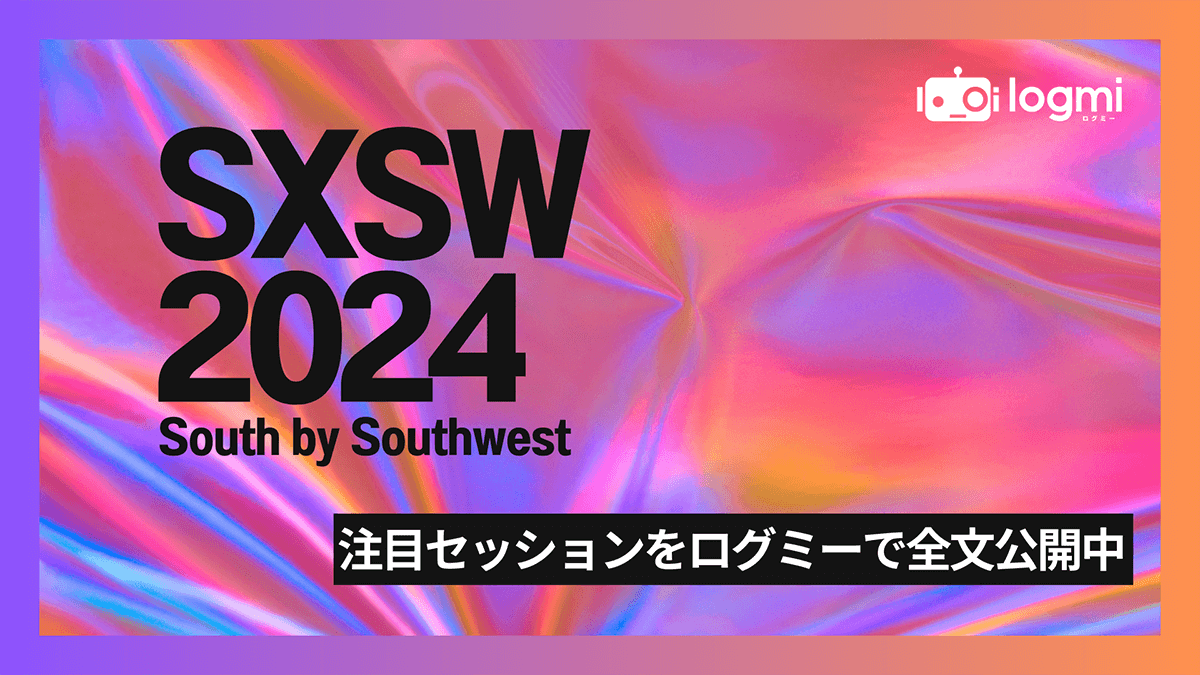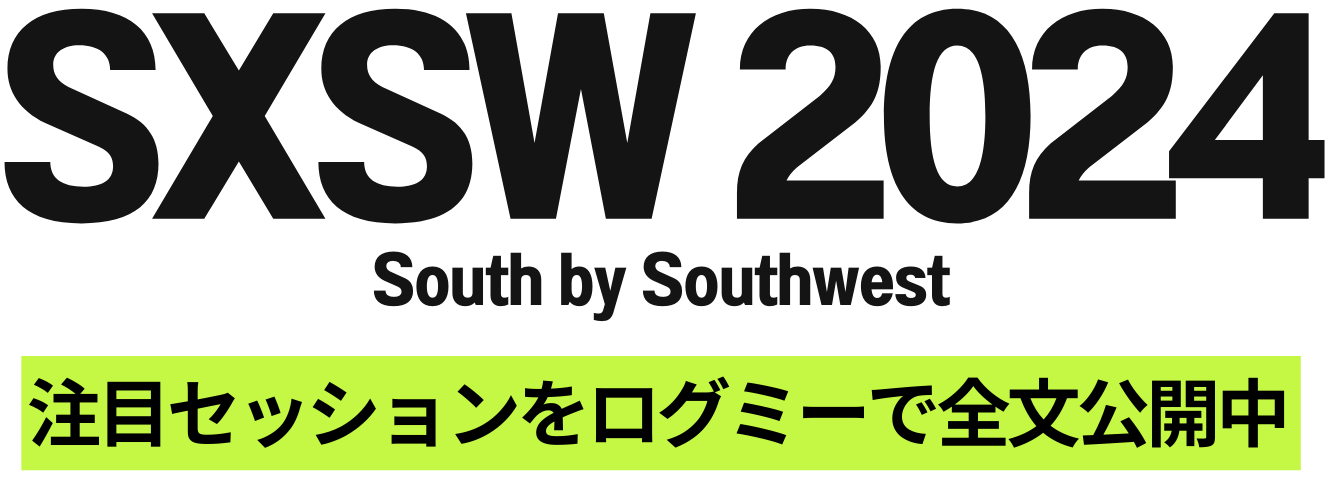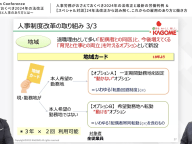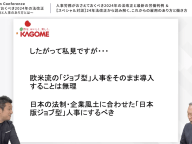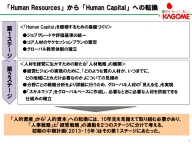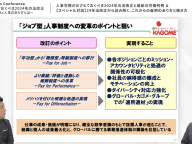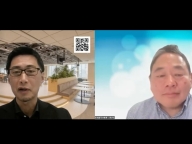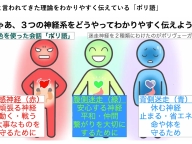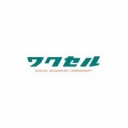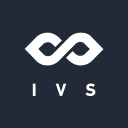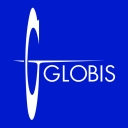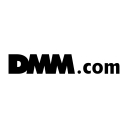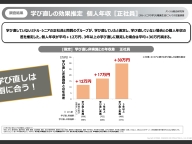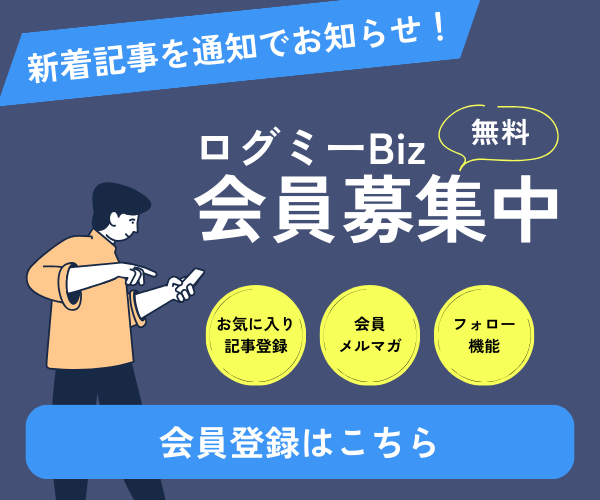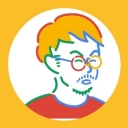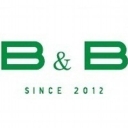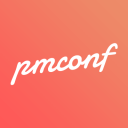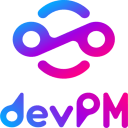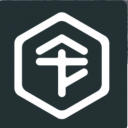Arrington Do you still code? I know, even recently, you still occasionally would.
Zuckerberg So, we have a rule at Facebook that if you check in code, you have to maintain your code so...
Arrington So, not so much.
Zuckerberg So, the answer is I code for fun on the side, but out of respect for other folks and not wanting to be a jerk and make other people maintain my code when something breaks in a meeting. And I don't want to have get pulled out of, like, a management team meeting or something, to go fix something. I don't check in code to the main branch anymore.
Arrington Does Mark Zuckerberg's code break?
Zuckerberg Yes, everything I do breaks, but we fix it quickly.
Arrington So you've closed the Instagram acquisition?
Zuckerberg Yeah.
Arrington Can we talk about that now? Why did you do it and what are you going to do with it?
Zuckerberg Oh. So Instagram is great, right? I mean, they're a... they're this super talented group of engineers building this amazing product, that just crossed a hundred million registered users and they're killing it. And the history of how this thing came together is really interesting, right?
So the way that I got to know Kevin is they started off building on top of our platform, but they had just a great open graph integration that made it to that... you can take pictures with Instagram and you can share them to Facebook. It's really first class, right? So, sharing a picture from Instagram, it basically appears exactly the same as if you shared a photo on Facebook.
So, it's great. They did a really good job with that. And, one of the things that I like to do is, all of our big developers, I just like to reach out to them and get to know them personally. Partially because I'm just, I'm personally just really interested in entrepreneurship and helping other entrepreneurs, but also I just want to get to know the people who are doing great stuff on top of our platform. So, I spent a lot of time with Kevin.
And over the course of our discussions, we built this road map of all these things that we can do together. But then this tension started which was, you know, they were starting to get a lot of distribution from Facebook. And from them there's this question of, you know, how much do they want to bet on just one company providing a huge amount of their distribution, right, so that became the strategic question for them.
And on the flip side for us, there's this question of how much do we prioritize these things, right, so we had this list of cool things that we could do. But then there's this question of, we could help them grow, but this might just be specific to them. But without the value occurring to us, we'll probably get to these things more slowly than ideally we would have wanted to.
So, eventually I just brought up the idea to Kevin, hey, maybe we should just join and become one company, and we can do a lot of these things really quickly, and we decided to do it. So, that's basically the game plan, is we're going to execute on the features that we decided earlier. Our mission around Instagram is we think Instagram is amazing, and we want to help it grow to hundreds of millions of users.
We want to help them out with whatever we can, but we have no agenda in terms of making them go into our infrastructure or something. I know a lot of times companies force companies that they're integrating, to do stuff like that. I think it's primarily a waste of time. We're not going to do any of that. We're going to just try to do the things that we would have done if they were an open graph partner, but now we can prioritize them more highly. I mean they could do a lot of them directly, because they have access to our code directly
Arrington I clearly miss time drinking the water.
Zuckerberg No, I just stopped awkwardly because I wanted to...
Arrington You did a purpose... I am not sure I am allowed to ask this question, but I'm going to anyway. I have been bugging you about a Facebook phone for years. You've dragged me to the office to say it's not happening Mike .
Zuckerberg Do you believe me yet?
Arrington No. I believe that... that you have been... of course I believe you, except that I don't. I think maybe there is like a secret group inside of Facebook that is building, like, hardware phones and it is such a juicy story. I just hope that now you can come out and publicly say finally that we are definitely building a Facebook phone.
Zuckerberg We're definitely building it... No. See, that's never - that's always been the wrong strategy for us. I mean, it's such a juicy thing to be able to say oh, they're building this phone, right? And that's what I think people have wanted to write that.
But, it's so clearly the wrong strategy for us. We're building this network; we have nine hundred, fifty million users soon. It's growing quickly. You know, let's say we built the phone, theoretically. We're not. You know, maybe we could get, we could get ten million people to use it.
Twenty million. It doesn't move the needle right for us. The strategy we have that is different from every other major technology company which is building their own hardware and operating system, right? I mean... Apple, Google, Samsung, Amazon, Microsoft, like, everyone. I mean, we're going in the opposite direction. We want to build a system which is as deeply as possible integrated into every major device and things, that people want to use.
Right, so, there are three major platforms for us. I mean, there's mobile web which, I said before, is huge for us and, you know, no one is more integrated than us on mobile web because there is kind of this limit on how far you can go. So we are good there. On iOS, the whole strategy was we want to build a great app. The last release that we did was the first step.
It didn't really innovate on design that much. It just got us to a good fundamental framework. We're now in a good place where we can do a lot more interesting stuff. The iOS integration that Apple announced before and hopefully will be coming out soon, is a big piece of that. I'm really excited about that. It's going to make it so that iOS developers can integrate with Facebook a lot better, already we see beat out of the top ten iOS apps and something like half of the top five hundred iOS apps.
And more than a hundred thousand mobile apps are already integrated with Facebook, but that's with the current stuff we have, which I think is kind of clunky compared to what we're doing with iOS. So that, that provides a really good opportunity for us to go deep on iOS. Android, we can go deep on our own, right? Because, there's a lot of hooks in Android that you can just use as a developer and we can do really interesting stuff around, so that's the strategy.
Arrington There's really no question that you spend a lot of time thinking about mobile these days. I mean, it just clear that this is top of mind to you.
Zuckerberg Yeah.? I basically live on my mobile device. Actually you want to hear something pretty funny? You know I am the founder’s letter in S1?
Arrington Yes.
Zuckerberg I wrote that on my phone.
Arrington Really?
Zuckerberg Yeah.
Arrington You didn't have like... did your lawyers do anything like... like read it?
Zuckerberg No. I wrote that. Yeah, I do everything on my phone as a lot people do and... it's..., I still use our website right, and I mean I, a but you know I think it's really clear that, just the stats and my own personal intuition and experience just go towards it.
You check in more with, with seeing what's going on with the people around you, you can share more. I mean, you have the device with you when you want to do things. A lot of the development, ?the energy and the ecosystem is not going towards building desktop stuff anymore.
It is going towards building mobile stuff. We're able to integrate and we're helping a lot of folks build great mobile experiences. That, we just think, that's the future. We're going to be doing killer stuff there and so is everyone else, so we want to help them do that.
Arrington So did you say you are building a phone then, or no?
Zuckerberg Everything except that.
Arrington What about search? Do you ever think about search? I mean, Google Plus must have kind of pissed you off a little bit, right? It's like, hey watch what we can do back? That's the way I think of it.
Zuckerberg You know search is interesting. We do on the order of a billion queries a day already, and we're basically not even trying. Right, so, I mean, today, search is... the vast majority of it is people trying to find people, but there are also a meaningful portion of queries which are people are also trying to find pages, brand pages, other business pages and apps, right? So, there's a bunch of it actually does kind of link to commercial behaviour.
And I really know there is a big opportunity there. At some point, we just need to go do that. You know, search is interesting. It's going in this interesting direction. The legacy around the search is you get these search engines like a Google and Bing and what Yahoo is doing before. That basically, you type in keywords and the search engine tells you some kind of... runs some magic to tell you what it thinks the answer is that matches your keyword.
But, I think that search engines are really evolving toward giving you a set of answers, right? Not just like typing here and show me some relevant stuff. I have a specific question, answer this question for me. When you think of it from that perspective, Facebook is pretty uniquely positioned to answer a lot of the questions that people have like - so what sushi restaurants have my friends gone to in New York, in the past six months what and liked.
You know, what which of my friends, or friends of friends, work at a company that I am interested in working at, because I want to talk to them about what it's going to be like to work there. I mean, these are queries that, that you can potentially do in Facebook if we built out the system that you just couldn't do anywhere else. And at some point we will do it.
Arrington Do you have a team working on it now?
Zuckerberg We have a team working on search. But, but I mean that stuff...
Arrington How many engineers do you have working on search?
Zuckerberg I don't even know off the top of my head... I mean, we are already doing on the order of a billion queries a day. So, when I said we weren't trying, I was being facetious. I mean, there is an on-going effort to make sure that people can find friends and look people up efficiently. But, no, I mean, it's - we're- we're doing a lot of stuff. I don't have anything specific to announce, but I- I do think that, that's one kind of obvious thing that would be interesting for us to do in the future, if we got to a stable place about it.
Arrington What are other obvious things that you might want to do in the future?? Facebook phone?
Zuckerberg See the phone just doesn't make any sense. There is a lot of stuff around platform that I am really excited about.
Arrington Let's talk about that for a second, since we're a little over time. You know there's Zynga, right?
Zuckerberg Yeah.
Arrington Not growing so much anymore. What else is going on there? Are there...?
Zuckerberg Well, so platform is really these two things, primarily. Canvas has been the legacy, right? So, there's obviously this big games business and, yeah, I mean Zynga's had a rough few quarters. I think that they are fundamentally a strong company, but they've lost some share on our platform, and other companies like Kixeye and King.com are gaining, right?
So, I mean, it's not kind of all bad news. We have more people playing games on Facebook platform. Now that we have in the past,? up to two hundred and thirty five million people playing games monthly. That's real right? But, so that's kind of Canvas, but the thing that I'm actually spending most of my time on is open graph and when you think about what Facebook platform should be, it shouldn't be about people building apps inside of our environment.
There's a bit of that on desktop, and I think that's cool and its providing value, but I think the real value is about people being able to bring their information, their friends to apps. Being able to bring context from what they are doing in those apps back to Facebook, helping apps spread themselves, helping give people more social contacts in all the things that they're doing. And you're starting to see a lot of really interesting stuff.
Spotify is killing it. They were a good early example. Airbnb, I think is doing a lot of really interesting stuff and they are growing quickly. I mean, you see examples of things in fitness. So, Nike+ is doing interesting stuff, Run Keeper - I just- a lot of, a lot of interesting things that, that are going on. And, that's one of the areas that I'm personally really excited about. You know, all developers want more distribution. One of the recent things we did that's on the margin between platform and ads.
I mean, this is an example of this kind of new way of thinking, where we have or integrating our monetization products into the product teams, is we launched this product recently mobile active installs, not particularly creative we named but clear. And what it basically allows you to do as the developer is you can put in, you can list out the different market segments or just like any kind of targeting that you want, and you can say how much you are willing to pay for an install. And then you just embed the Facebook SDK into your app, we kind of figure out which apps that we should show.
We have hundreds of millions of people who are using apps, who we can; we can put your apps in front of. We give social context so here your friends who are using these apps. It has great ROI for the initial partners. I don't think we've done a full public launch yet, but we've done a bunch of private testing and it's working really well. So, that's something that I'm excited about that I think, almost every mobile developer can kind of get behind and be interested in it. It's right on that, the intersection of the platform stuff that we're doing and a real good distribution tool that I think most developers are going to want to use.
Arrington All right. Last question.
Zuckerberg All right.
Arrington It's a hard one. Are you still having fun?
Zuckerberg Yeah. I mean, for me it's not really about fun, though. It's about mission, so you know people ask... we go through these waves, right? And, you know, there are times where everyone in the world thinks that what we're doing is awesome and, you know, usually they are, they are too optimistic when they think that and they are writing stuff like we're whatever.
And then there's times when people are super pessimistic and, you know, I personally... this is may be a perverse thing personally, but I would rather be in the cycle where people underestimate us because I just personally would rather be underestimated. And I think it gives us good latitude to, to go out and take some big bets, and do some things that really excite and amaze people,
Michael Arrington : Are people underestimating Facebook right now, do you think? Are you in that cycle?
Zuckerberg I think a bunch of people are. It's hard for me to say, overall, but over the long term, I think that there's a huge amount of interesting stuff that we... that we're working on. There are all these long term projects that I really can't get into right now, but that we are retooling to work on, and we are about half way through that cycle.
And that's the stuff that keeps me going. I just want to build good stuff. You know, I, I, you know when we look back ten, twenty years from now, the legacy of this company should be that we've connected everyone in the world, and that everyone can share all the stuff that they want. And you know, that's a lot. That's a lot to get excited about, whether it is fun, exciting, whatever. I mean some days are hard, some days kick ass, but I think everyone is amped for what we are doing.
Arrington On the behalf of all of us, thanks very much for you time, Mark. Thanks!
Zuckerberg Thank you.


